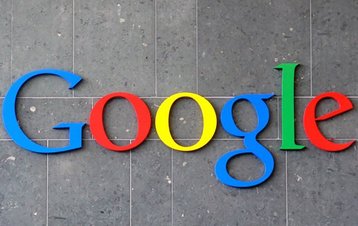Google’s parent Alphabet reported its latest quarterly earnings, primarily focusing on its search and advertising business, but also revealing new details about its infrastructure plans.
Additionally, the tech company reported the performance of its enterprise division, consisting of Google Cloud Platform and its G Suite work apps, separately for the very first time.
Google Cloud: Growing fast, but still behind
“We have offices and [six] data centers across 21 states and we plan to hire thousands of people across the US this year,” Google CEO Sundar Pichai said in an earnings call, transcribed by Seeking Alpha.
“Last year in the US, we grew faster outside the Bay Area than in the Bay Area. To support this growth, we will be making significant investments in offices across nine states including Colorado and Michigan. We will also be building or opening five big new data centers in the US.”
The company did not say which data centers will be used purely for Google’s own services, and which will be reserved for Google Cloud. It did, however, finally reveal the sales figures for its enterprise division - $4 billion in revenue on an annualized basis.
The number puts it far behind market leader Amazon, which posted $5.1 billion in cloud sales for just the fourth quarter of 2017; although with slightly different services on offer, it is not possible to make an exact comparison.
Pichai said that, based on publicly reported data for the 12 months ending with December 2017, Google Cloud Platform was the fastest growing major public cloud provider in the world.
He added: “We are also increasingly doing larger, more strategic deals with customers. In fact, the number of deals worth over a $1 million across all cloud products more than tripled from 2016 to 2017. The strength of our products and the value of working with Google is increasingly clear to partners and customers.”
In July 2017, Pichai said that Cloud and G Suite scored three times as many “large deals” as the same quarter in 2016, with large deals defined as those greater than $500,000.
After the earnings call, shares in Alphabet fell as its expenses rose faster than analyst expectations. The amount Google paid to other companies to distribute or carry its advertising rose 33 percent year-over-year, to $6.45bn. Revenue, meanwhile, only grew 24 percent to $25.9bn, marking an increasing dependence on other companies, including Apple, for its core business operations.
Google also faces increasing competition from Amazon in the advertising space, and the threat of its Echo smart speakers changing how people search and shop online.

